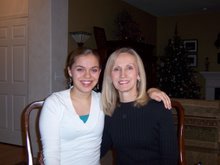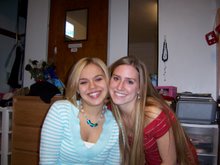The First African American Judge in Beaver County
Come and view this documentary that is produced by TECK productions of the Mass Communications/Sociology 109  cluster.
cluster.
 cluster.
cluster.When: Thursday May 3 12:45pm-2:00pm
Where: Mueller Theatre
Westminster College Campus
New Wilmington, PA








